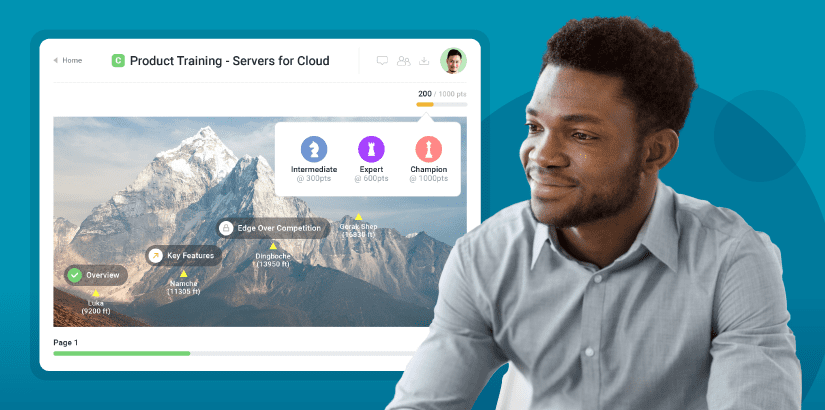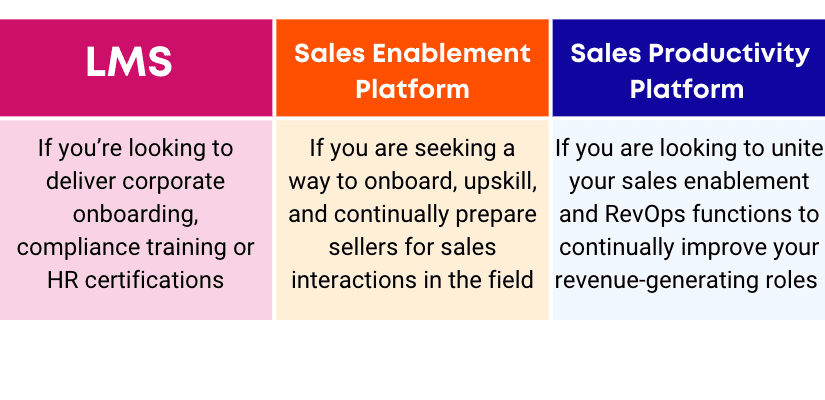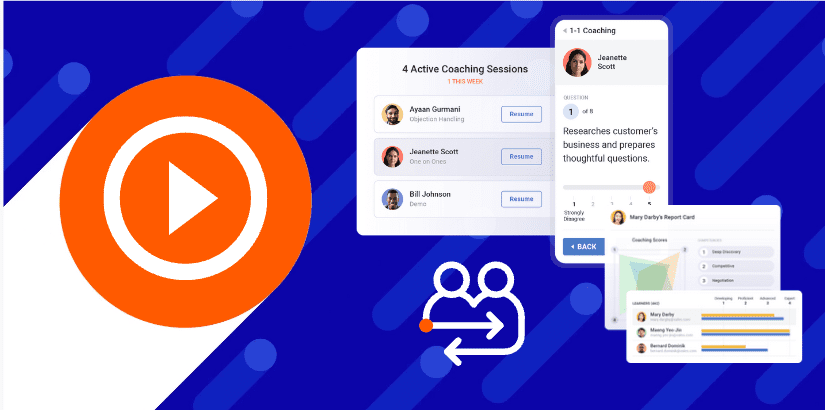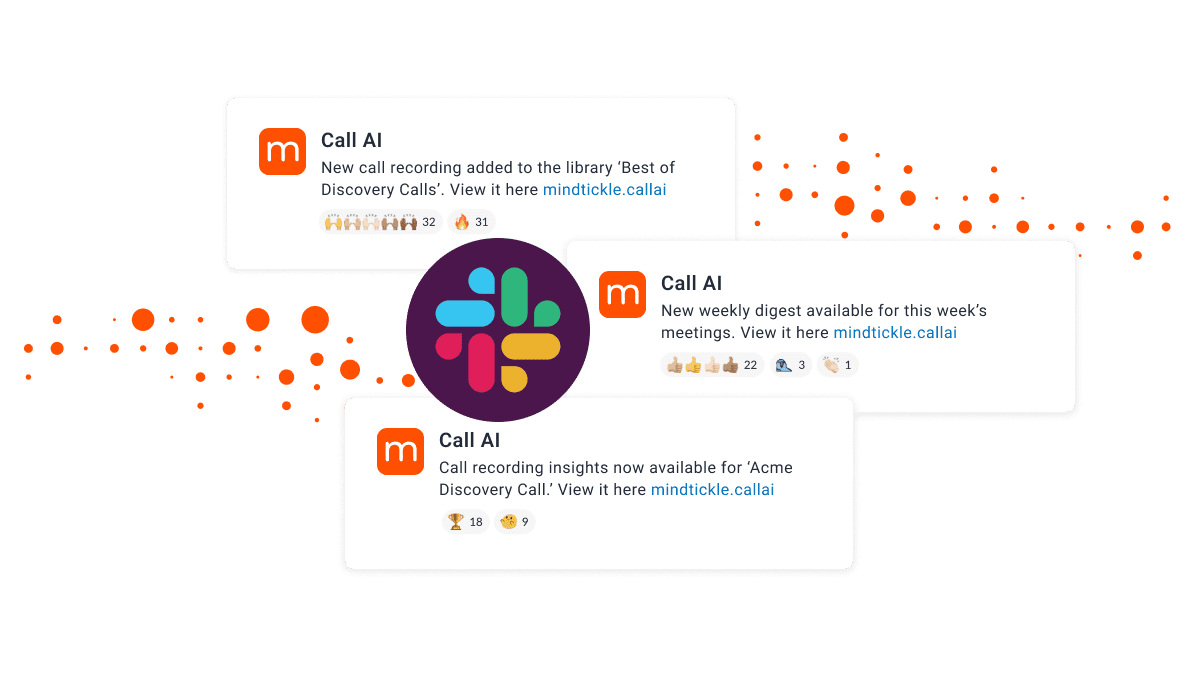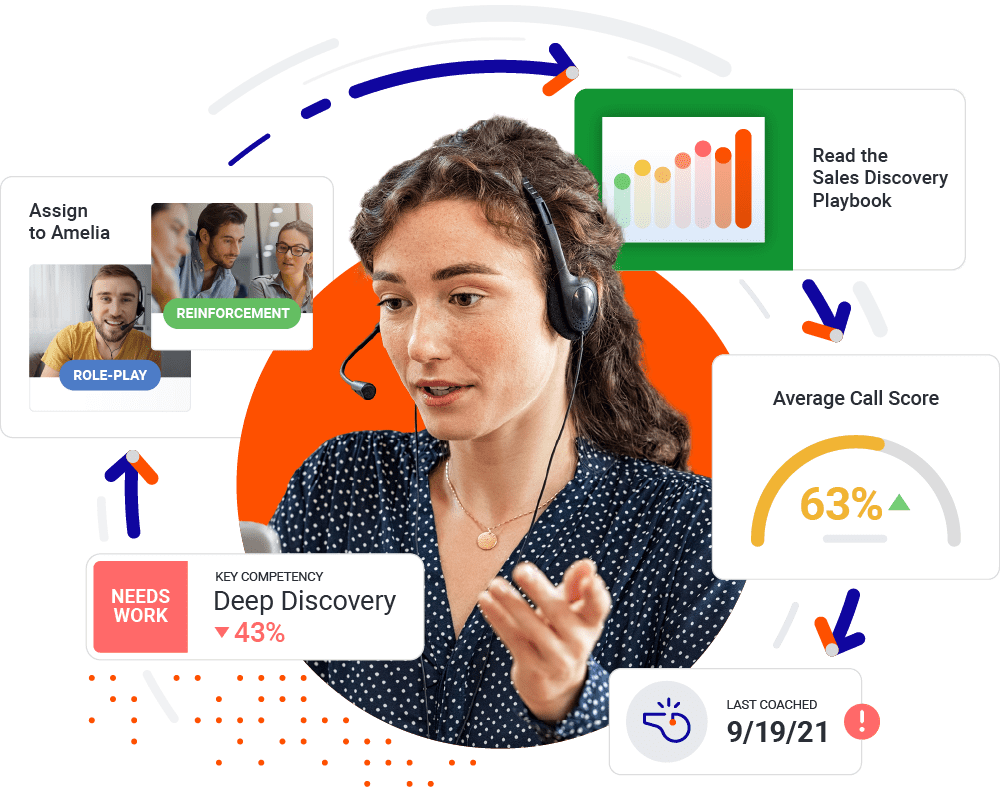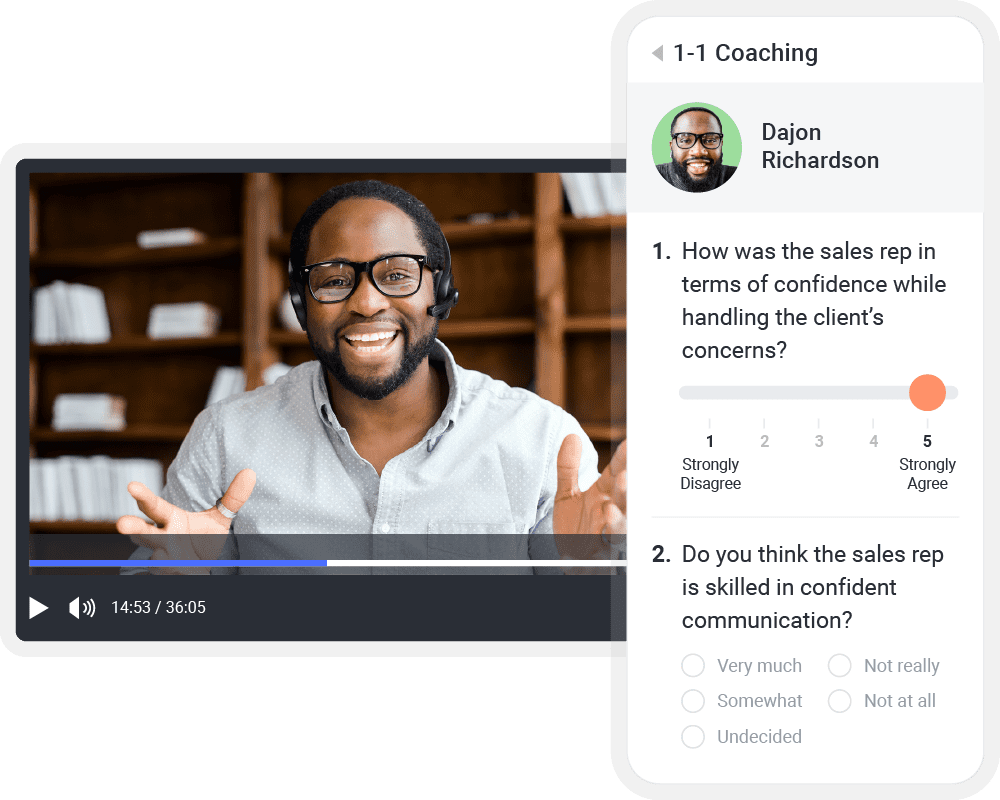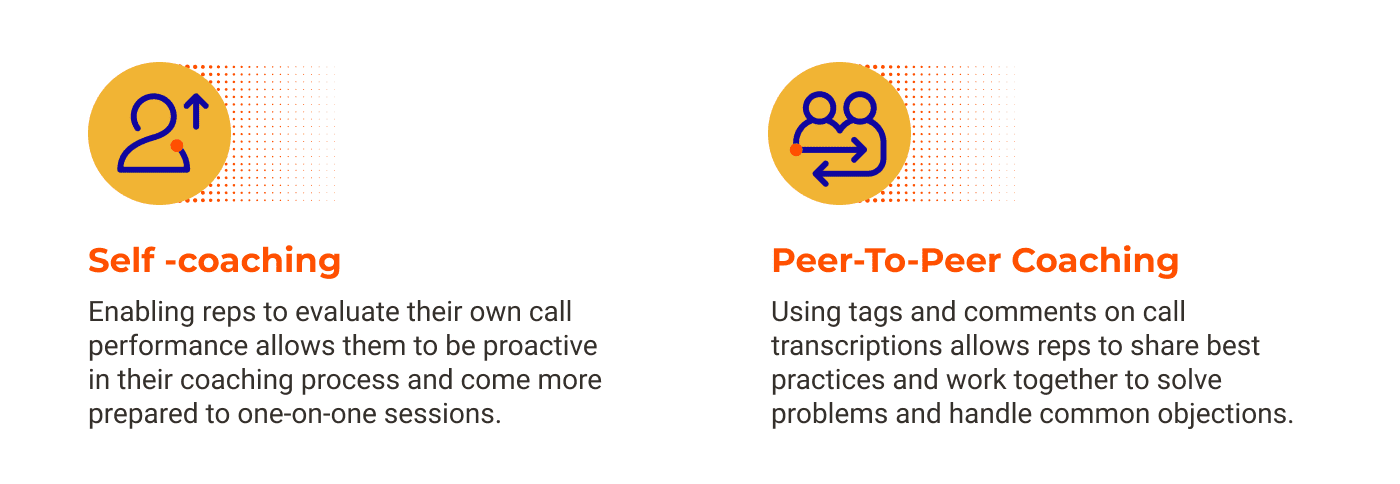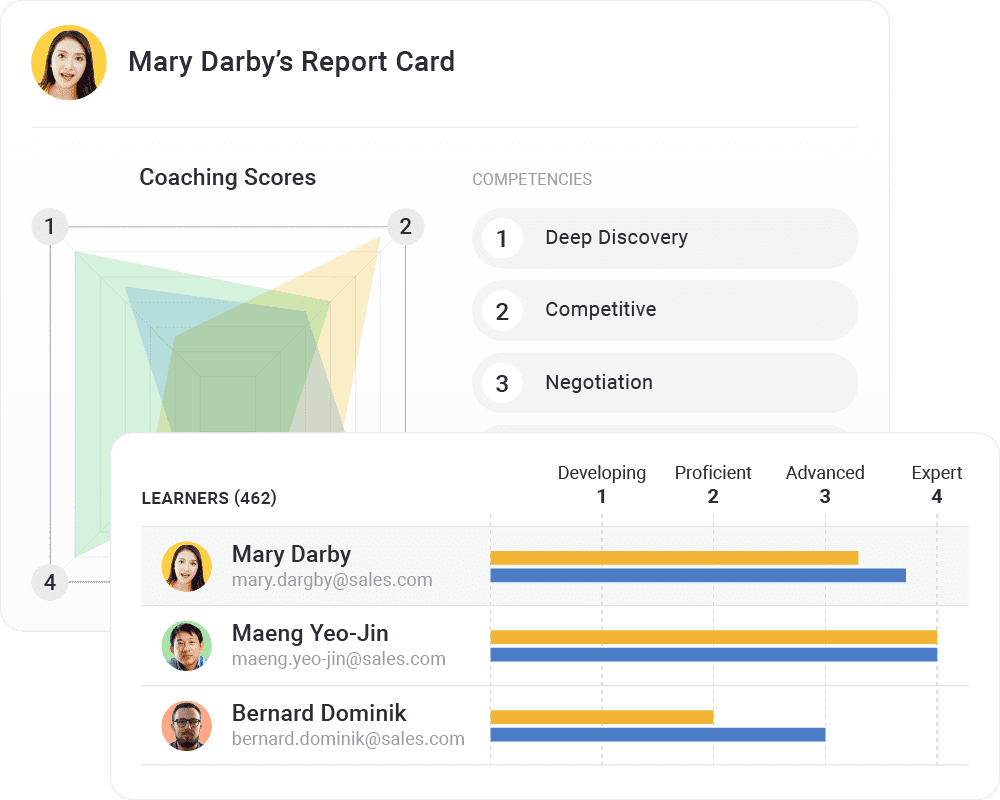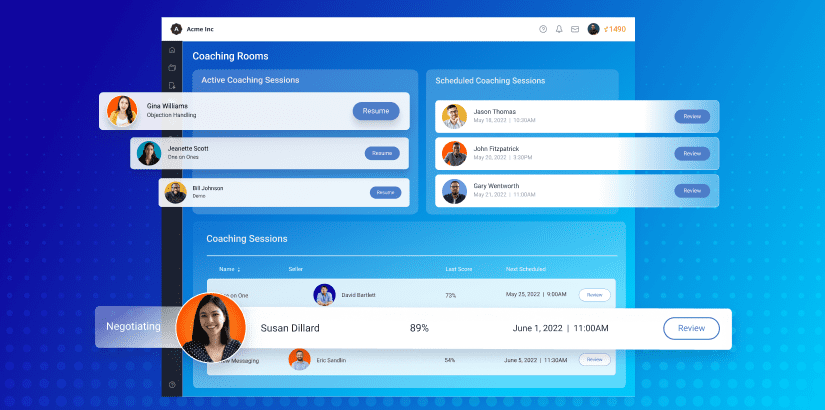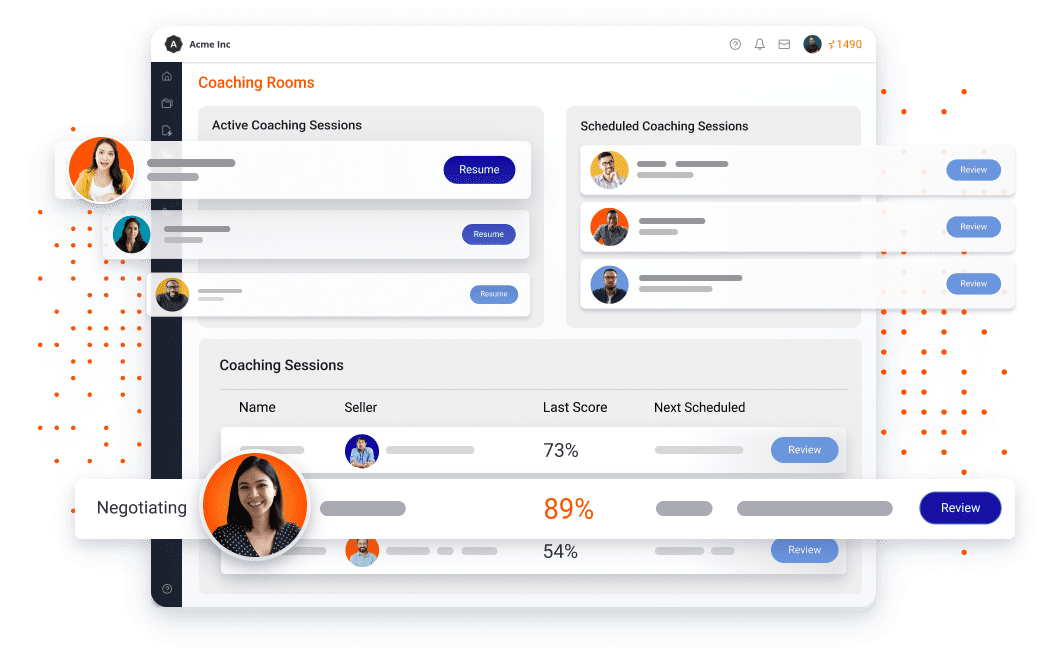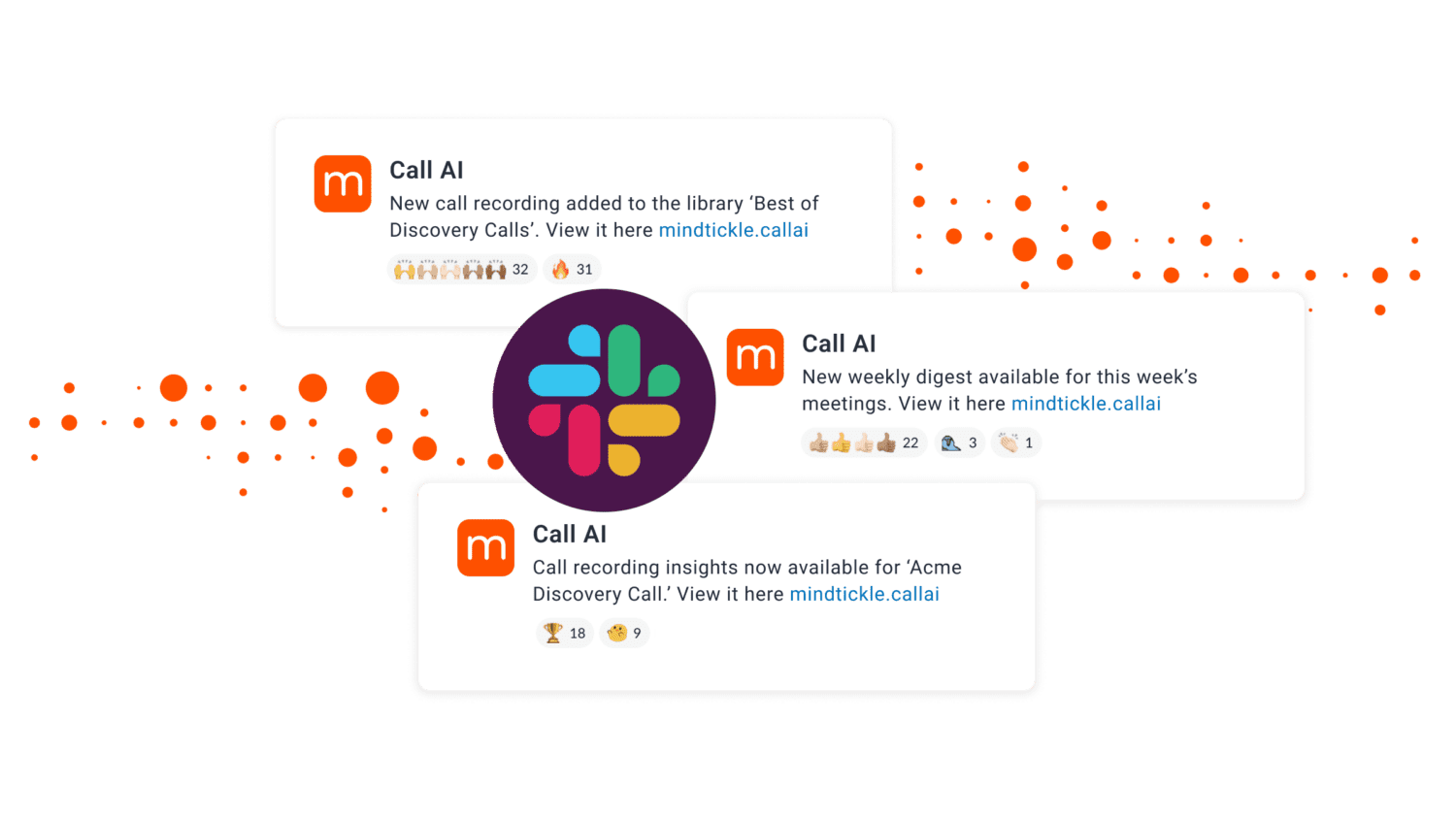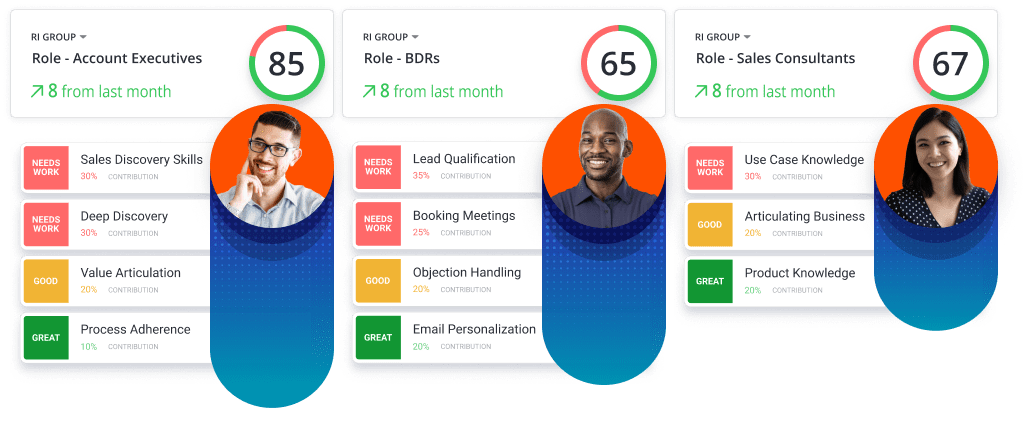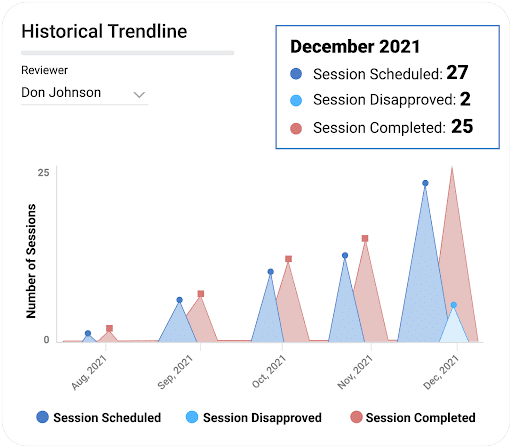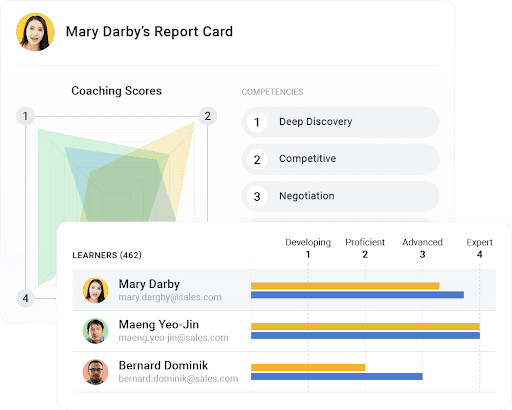Deal Coaching vs. Skill Coaching: What’s the Difference? (It’s Big and it Impacts Revenue)
![]() Helen Waite
on
July 5, 2023
Helen Waite
on
July 5, 2023
Managing your sales team involves a lot of responsibilities: from initial onboarding for new hires, to ongoing training and coaching, to regular performance assessments.
Both deal coaching and skill coaching are strategic techniques for guiding sales reps, each with its own goals and procedures. Effective coaching can improve win rates by 27% or more — but which approach will help you hit that potential?
Say you are an experienced rock climber, and you’re teaching a newbie the basics. In this scenario:
Deal coaching
Skill coaching
Deal coaching would be teaching this person exactly how to tackle the formation in front of them. You go through each foothold and each hand placement so they know exactly what lies ahead of them.
Skill coaching would involve going over a foothold that lies ahead, but also providing different scenarios you may encounter in the future and how to approach them.
Sales managers typically coach sellers through individual deals. While that’s important, skill coaching is imperative to building a coaching culture and preparing sellers for consistent quota attainment. Continue reading to discover the distinctions between the two and which will be more lucrative for your organization.
Deal coaching: Working through the pipeline
Deal coaching focuses on buyers and what resources are needed to engage them and move them further along the sales funnel. While typically unstructured, these sessions help reps work through specific deals in their pipeline for more immediate impact.
The goal of deal coaching is to remove stalled or unqualified deals, adjust effort toward real opportunities, and strategize how to tackle those opportunities. In deal coaching sessions, managers ask questions like:
- What is this buyer’s business need?
- What unique value does our solution bring to this buyer?
- Who are the decision-makers?
- What objections (if any) have there been thus far?
- Who are we competing against for this buyer’s business?
By answering these questions together, manager and rep can together come up with the best plan of attack, determining what content and approach will be most relevant and drive the deal to close. And while this method may improve a single interaction with a buyer, its benefits tend to be temporary.
Skill coaching: Polishing the competencies that matter most
Skill coaching, on the other hand, focuses on the sellers themselves. Rather than walking through individual deals, its objective is to develop the knowledge and behaviors most critical to success. These may differ from one organization to another, but the following are the most common skills we see amongst top-performing salespeople:
Assessing tasks and prioritizing them
Capturing buyers’ attention and keeping them engaged throughout the sales cycle
Effectively express the business value to address buyer needs
Tuning into buyer challenges to adequately address them
Managing and mitigating buyer hesitation and/or doubts
Understanding customer pain points and how your solution helps to solve them
Skill coaching is an ongoing effort, promoting professional development, learning reinforcement, and evaluation. To contribute to their team’s growth, managers can send them to a class or seminar or assign them a book to read. Managers also assess reps’ training completion and performance for further insight into knowledge and skill improvement. Leveraging data, managers are empowered to have more personalized and relevant one-on-one coaching sessions with their reps.
Which coaching style drives results?
Managers have limited time with each rep, and coaching conversations often become deal reviews — with only 5% of time being spent giving useful feedback on next steps.
Deal coaching is advantageous in the short term; for instance, when a buyer has an immediate need or request. In this case, giving the rep training materials will not help; you’ve got to offer specific and timely advice that helps the seller quickly and competently resolve the problem.
But the most effective sales coaching should identify individual areas for improvement for each rep, then provide content and regular guidance to develop skills – in other words, skill coaching.
If you are teaching someone to rock climb, you need to prepare them for more than just what is in front of them. Teaching and mastering the basics will ensure they can tackle more difficult walls and structures in the future.
It’s a longer game, but working on the high-level abilities that lead to success pays off. Coaching sellers through skill gaps better positions them down the road so they’re able to navigate deals more effectively and, ultimately, close them.
Managers who use skill coaching also stand to be trusted mentors to the members of their teams. Investing time and effort into building a seller’s personal and professional growth earns their respect and loyalty.
Digital tools for successful skill coaching
While deal coaching has its benefits for short-term needs, skill coaching delivers results that generate long-term revenue growth. Using data to inform one-on-one sessions, providing the right learning content at the right time, and ultimately cultivating the behaviors and knowledge of top-performing sellers, your team will achieve peak productivity and revenue growth.
With data at the heart of skill coaching, leadership needs the right tools to administer learning materials and track both individual completion and performance. A revenue productivity platform automates onboarding and training so managers can focus on what’s important: giving sales reps what they need to reach success.
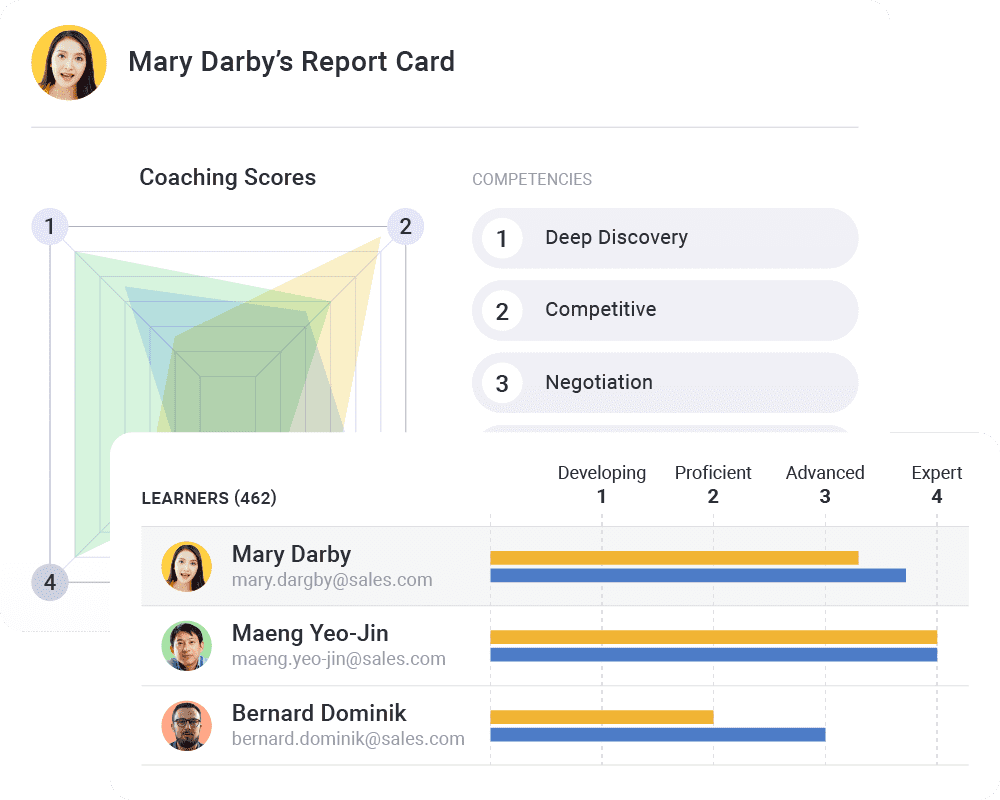
Mindtickle enables front-line sales managers to collaborate with sales reps to close knowledge gaps and achieve higher quota attainment. Kickstart a culture of coaching with tools that make sales readiness a reality for your team.
This post originally published in March 2021 and was updated in July 2023.
Coach Your Reps Better
See how Mindtickle helps orgs take a data-centric approach to coaching.
Get a Demo


